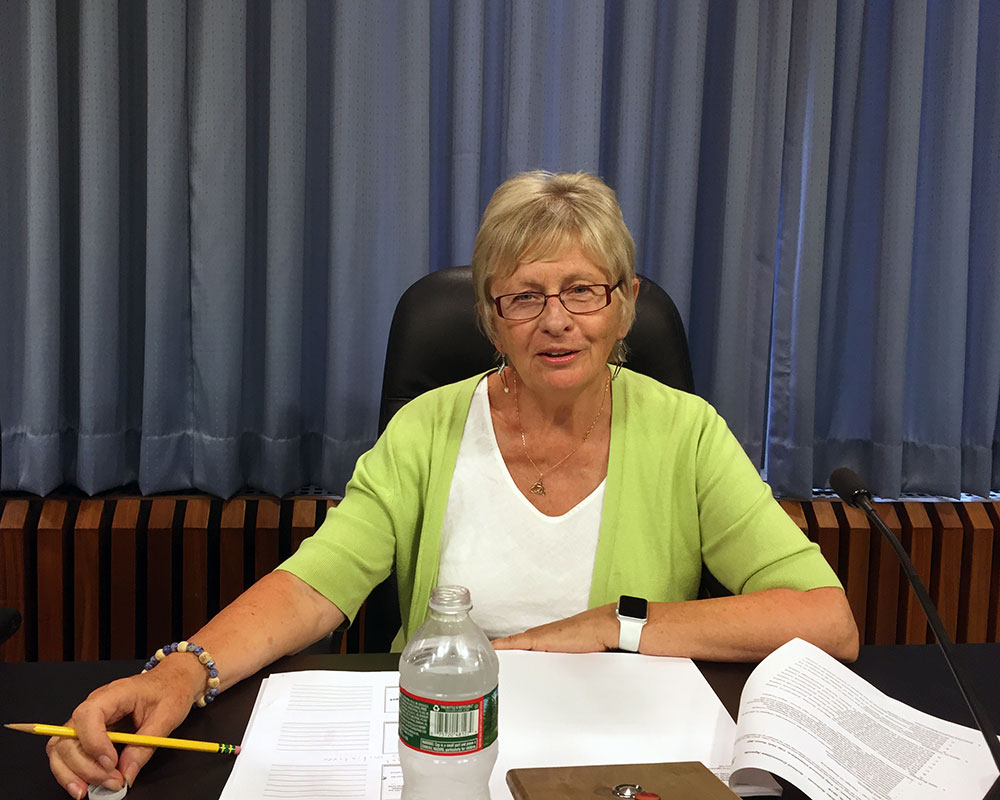The Haverhill School Committee got an education at last night’s meeting regarding how school administrators are required to handle incidents of sexual harassment and bullying in public schools.
Responding to an increase in such incidents across the state, and here in Haverhill, members of the Policy Subcommittee met this past week to learn what federal policies apply in those types of situations. Gail M. Sullivan, committee chairperson, told her colleagues rules issued by the U.S. Department of Education are very complicated.
“I think people think that if a child does something in school, the principal can just say ‘Get out of here. You’re suspended,’ and that is not how it is. The court takes suspension extremely seriously,” Sullivan explained.
Adoption of a new policy to match federal requirements moved to the full School Committee for review and approval. The subject became more than hypothetical recently when a parent complained there was little local action after her sixth-grade daughter had to endure sexual inferences from another student at Caleb Dustin Hunking School.
School and education lawyer Amy Rogers said sexual harassment is covered under Title IX, which prohibits discrimination based on sex. She explained, as of August of 2020, very specific rules have been put into place to address the issues.
“These new regulations are very, very prescriptive in how school districts are to respond to allegations of sexual harassment,” she said.
Rogers said rules include a lengthy grievance procedure that treats both parties equally with no assumption of guilt and no discipline without due process. She said due process involves a three-person investigative team and could take up to 45 days.
Rogers did say an option for emergency removal in some special cases does exist.
“Emergency removal is available, but it is a fairly high bar for the district to show. The district has to show that there is a risk to an individual’s physical health or safety,” Rogers explained.
Committee member Paul A. Magliocchetti also raised the point that regulations could be discriminatory towards low-income individuals should families be required to hire their own attorneys or pay for expert witnesses.
While Committee members expressed dissatisfaction with elements of the new regulations, including its slow pace, they voted unanimously to adopt the policy.

